Introduction
The Unani system of medicine is one of the oldest & most acceptable systems of medicine practiced in India and all over the world.
The first physician of the system was Asclepedeus who learnt the principles of medicine from Hazrat Idrees.
Another renowned physician was Galen who played a major role in propagation of the system far and wide.
Unani medicine, also called Unani tibb, Arabian medicine, or Islamic medicine, a traditional system of healing and health maintenance observed in south Asia.
The origins of Unani medicine are found in the doctrines of the ancient Greek physicians Hippocrates (460-370 BCE) and Galen (130-210 CE). Their works laid the foundation for this medical system.
As a field, it was later developed and refined through systematic experiment by the Arabs, most prominently by muslim scholar-physician Ibn Sina (Avicenna – 980-1037 CE) who contributed significantly to its development. His comprehensive medical encyclopedia, “The Canon of Medicine” (Al-Qanun fi al-Tibb), became a seminal work in Unani medicine.
History Of Unani System Of Medicine
Hippocrates put forward the humoural theory, which formed the basic framework of this system of medicine. His era marked the beginning of the Golden Period of the Unani system of medicine.
He also initiated the concept of hospital and built the first hospital of the world in Hamas (Egypt) after travelling around the globe to find a suitable place.
A few important texts of the system include
- •Kitab-ul-Hashaish (Ist Century B.C)
- •Kamil-Us-Sana (10th Century A.D)
- •Canon of Medicine (11th Century A.D)
Basic Elements Of Life
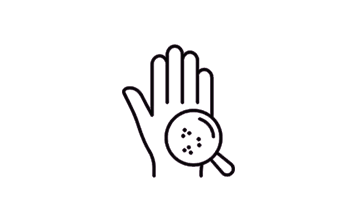
Arkan (Element)
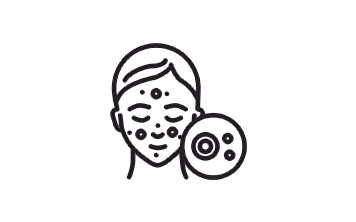
Mizaj (Temperament)
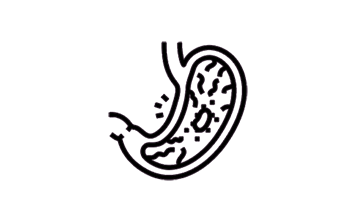
Akhlaat (Humor)
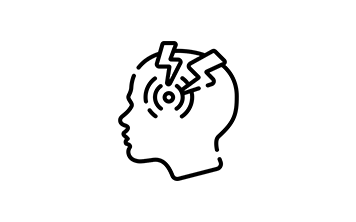
Aza
(Organ)
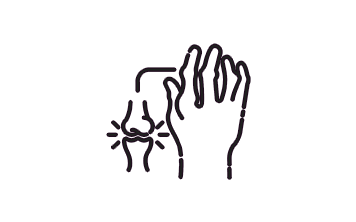
Arwah
(Virtual Spirits)
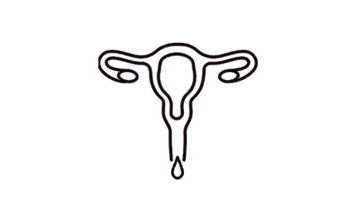
Quwa
(Power)
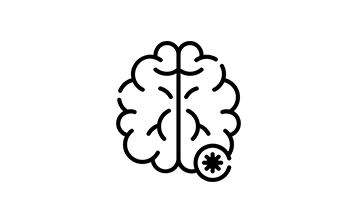
Af’aal (Functions)
Prevention
- Any alteration in the equilibrium of human body leads to disease.
- Unani medicine has given great importance to the prevention of the disease than cure.
- There is an influence of surroundings and ecological conditions on health of human beign.
- Air (Hawa)
- Food and Drinks
- Body movement and Repose
- Mental movement and Repose
- Sleep and Wakefulness
- Retention and Evacuation
Humoural Theory
The Unani system of medicine is based on the Humoural Theory. According to humoural theory, the human body is believed to be composed of four basic fluids or humors: blood, phlegm, black bile, and yellow bile. Each humor is associated with specific qualities and elements:
- Blood (Damm): Associated with the element air and characterized by qualities of warmth and moisture.
- Phlegm (Balgham): Associated with the element water and characterized by qualities of coldness and moisture.
- Black Bile (Sauda): Associated with the earth element and characterized by qualities of coldness and dryness.
- Yellow Bile (Safra): Associated with the fire element and characterized by qualities of warmth and dryness.
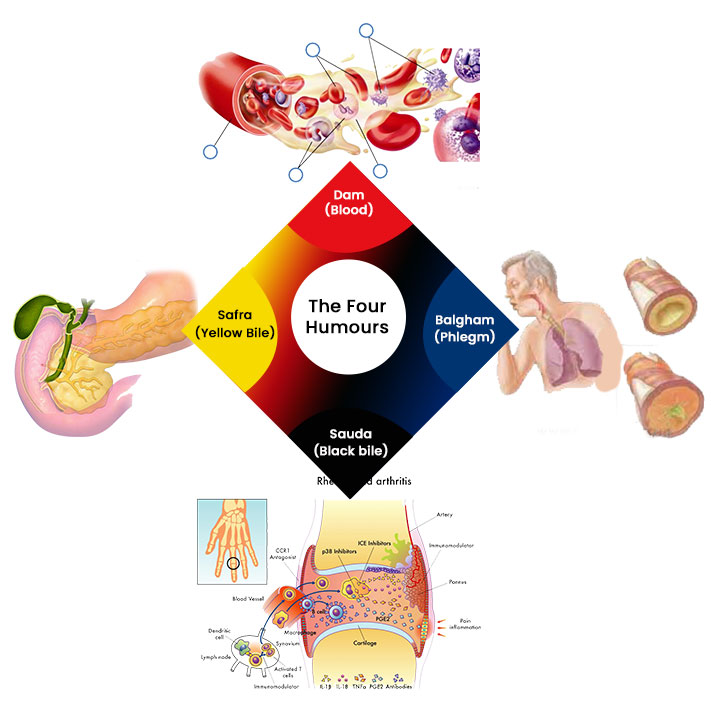
Diagnosis
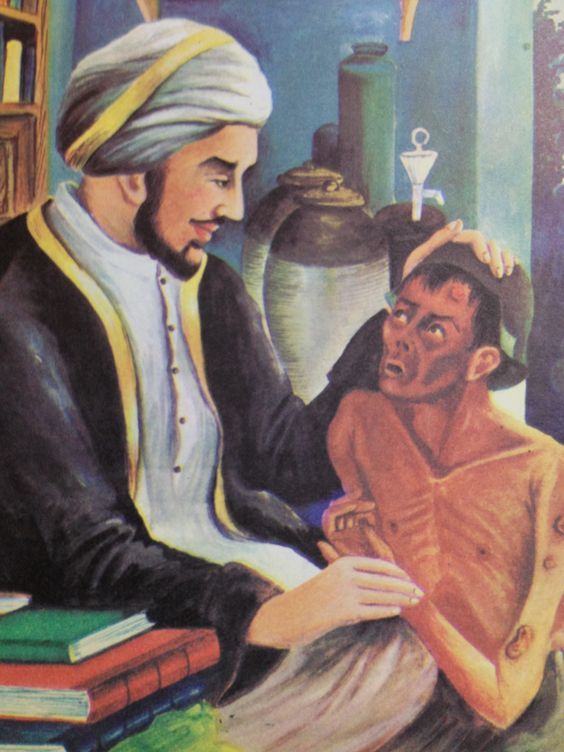
- Firstly, the practitioner takes a full case history
- This will have many aspects, but generally includes observation of the patient,e.g., observing a patients posture and listening to their voice, Observing the tongue and its coating, the eyes,The hands and the finger nails.
- It also almost always involves taking the pulse (Nabz), which often takes a little time, as the practitioner does not just take the pulse rate, but also looks for subtle changes in the pulse that may indicate present or threatening health conditions
- In addition, the practitioner may press reflexes and examine the Urine (Baul) and stool (Baraz) of the patient
- The physician also takes into account the daily routine of the patient
Principles Of Treatment
- In Unani system of medicine, treatment is based on temperament and humours.
- In diseased condition, there is imbalance in body temperament and humours.
- Every humour has a specific temperament as described earlier e.g. hot, wet, cold, and dry.
- So, the drug used for the treatment should posses an opposite temperament than that of diseased humour, resulting in normalization of temperament.
- A disease, which is cold in nature, can be cured by a drug, which has hot temperament.t
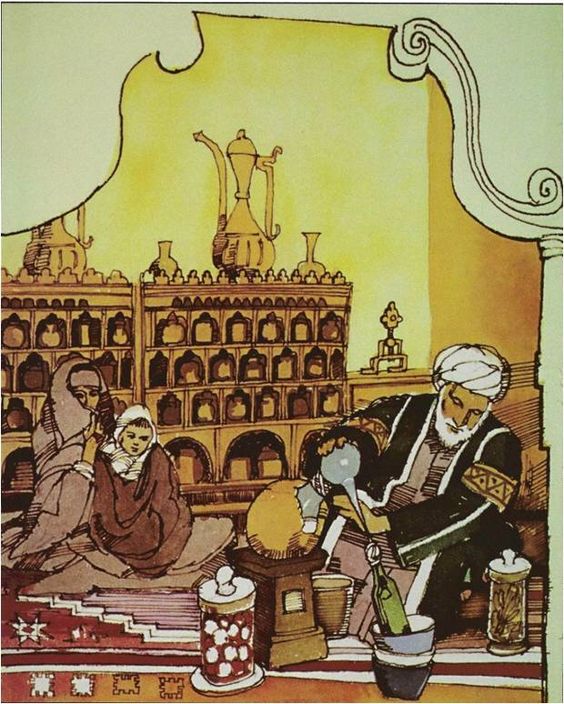
Methods Of Treatment
Unani medicine, is a traditional system of medicine that has its roots in the teachings of ancient Greek physicians like Hippocrates and Galen, as well as traditional Ayurvedic and Persian medicine. Unani medicine is based on the concept of balancing the body’s humors (Akhlaṭ) – blood (Dam), phlegm (Balgham), yellow bile (Safraʾ), and black bile (Saudaʾ) – to maintain health. Here are some common methods of treatment in Unani medicine:
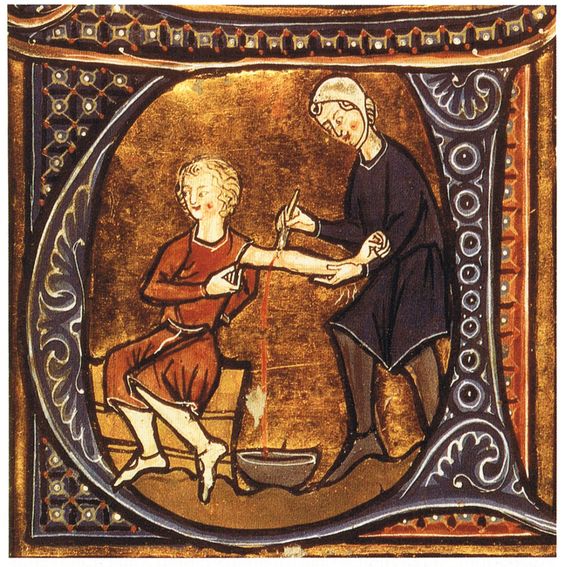

- Ilaj-Bil-Tadbir (Regimental Therapy):
- This method emphasizes lifestyle and dietary modifications, including the regulation of sleep, exercise, and other daily activities.
- Fasting (Siyam) and purging therapies (Ishaal) are also utilized to eliminate excess humors and restore balance.
- Ilaj-Bil-Ghiza (Dietotherapy):
- Unani medicine places significant importance on diet as a means of maintaining health and treating diseases.
- Diets are prescribed based on an individual’s temperament and the nature of the disease.
- Ilaj-Bil-Dawa (Pharmacotherapy):
- Herbal medicine is a cornerstone of Unani treatment. Various herbs and natural substances are used to prepare medicinal formulations.
- Single herbs or compound formulations are used based on the principles of Mizaj (temperament) and Akhlaṭ (humors).
- Ilaj-Bil-Yad (Surgery):
- Although not as commonly practiced as in modern medicine, surgical procedures are employed in Unani medicine for certain conditions.
- Surgeries are generally performed with the aim of removing pathological substances or correcting anatomical abnormalities.
- Ilaj-Bil-Rogan (Unani Pharmacology):
- Unani medicine utilizes a wide range of herbal and mineral-based medicines.
- Drugs are often classified based on their effects on the four humors, and formulations are tailored to balance the humors.
- Ilaj-Bil-Tadbeer (Panchkarma):
- This includes various detoxification procedures aimed at eliminating toxins and restoring the balance of humors.
- Cupping (Hijama), bloodletting, and enemas are examples of Tadbeer procedures.
- Ilaj-Bil-Nabz (Pulse Diagnosis):
- Pulse diagnosis is a crucial diagnostic tool in Unani medicine.
- Practitioners assess the pulse to determine the predominance of humors and identify the nature of the disease.
- Ilaj-Bil-Riyazat (Exercise and Physical Activity):
- Regular exercise and physical activities are recommended to maintain overall health and prevent diseases.
- Specific exercises may be prescribed based on an individual’s temperament and health condition.

